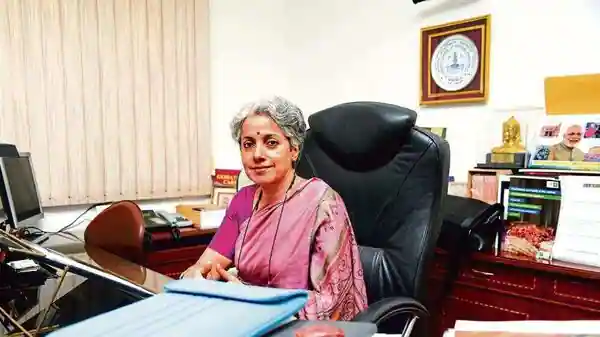
Dr. Soumya Swaminathan, Chief Scientist at the World Health Organization (WHO), has stated that India needs a strong regulatory system to maintain its position as a global leader in the production of vaccines and generic drugs.
While talking to ANI, Soumya Swaminathan said, “I think it’s going to be very important for the reputation and ultimately for India to remain as a leader in the generic medicine and vaccines space to prove beyond doubt that we have a very strong regulatory system.”
Dr Swaminathan, who was in Pune for the 23rd annual general meeting of the Developing Countries Vaccine Manufacturers Network (DCVMN), said pharmaceutical contamination is a significant problem that needs to be addressed.
India had asked WHO for more details regarding the initial illness, signs, and care given to the Gambian children who allegedly passed away after ingesting tainted cough syrups made by a company with a Sonepat address.
“WHO actually provided the report based on the investigation that was done to prove that it was because of the Diethylene glycol (DEG) contamination, it’s a serious issue, I think it has to be taken very seriously,” she said.
“We have the central and the state regulators. We need to look at the rules of operation and see how we harmonize these,” she added.
The expert claimed that drug regulators from various states could actually cooperate and conduct cross-inspections on goods that were imported and exported within the nation.
“So, I think there’s already been a number of recommendations made into strengthening and identifying some of the weaknesses in the current system and strengthening it,” Soumya Swaminathan said.
Following the Expert Committee meeting on the “adverse events” reports on the deaths of children in the Gambia, DCGI wrote to WHO the previous week and stated that the clinical characteristics and treatment received by the children shared up until that point were insufficient to determine the etiology.
Source: Livemint
